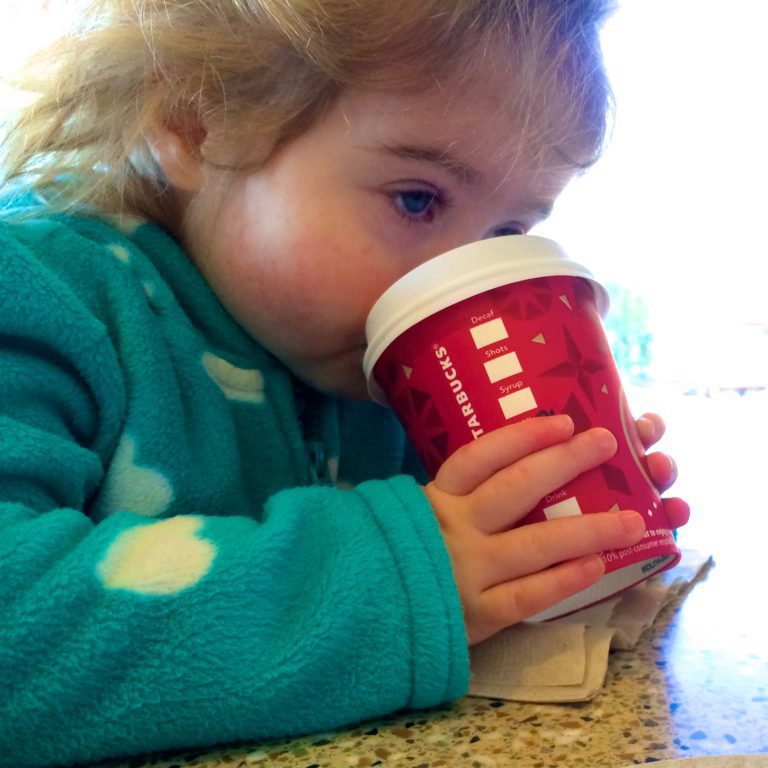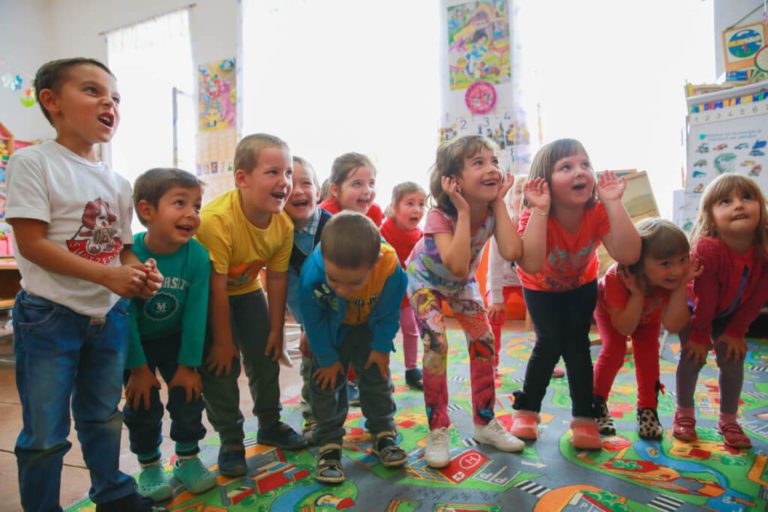Things Ain’t What They Used To Be: Isn’t It A Good Thing That God Didn’t Settle For That?
I can hear it now: “Son, the world just ain’t what it used to be.” No, it sure isn’t. But why does this realization scare so many of us?
For many older Americans today, childhood began during the Great Depression, an era in which nothing was certain and everything was up for grabs: and they are the Silent Generation. They worked hard, grew close, and formed a strong personal ethic.
If others did not live through the Depression, their parents did—and they themselves lived through the second World War and Vietnam: they are the Boomers. They lived and breathed the wars, fighting on the front lines or fighting for it back home. Patriotism embedded itself deep within the veins of this generation of Americans.
For Gens X, Y, and Z, allegiance to a cause lasts only as long as a castle built in sand. While their predecessors logged long hours and worked hard, life in America had become settled before these generations were born.
Milestones for these latter generations were the losses of icons, not the formation of a nation: the assassinations of Martin Luther King, Jr., and John F. Kennedy; the toppling of the World Trade Center towers and the attack on the Pentagon; the Columbia and Challenger disasters. When the news media moved on, the nation did too.
The Pew Forum on Religious and Public Life released its Religious Landscape Survey last Monday, surveying American adults about their religious affiliation.
Of American adults, 44% have changed their religious tradition from that of their childhood. Why the change? In part, because 37% are married to a spouse with another affiliation, so they change out of compromise. Others have become disenchanted with the ways of the church and find comfort in change.
This study isn’t just about Christianity or Eastern religions, though. The fastest growing demographic inAmerica is “unaffiliated” (Agnostic, Atheist, “nothing in particular”): for every one adult now identifying with a faith group, three more are newly unaffiliated. More of them are under age 50 (71%) than the general population (59%).
Why is the religious landscape shifting? “The times they are a changin’.” While older generations stay true to their heritage, that heritage has not stayed true to the times. The global worldview gives value to diversity instead of subcultures of homogeneous ideas and values or uniform faith.
Maybe that diversity finds inspiration in another’s discipline in practice of faith. Maybe it brings a new friendship with someone to respect and understand, while civilly disagreeing on matters of faith. Whatever it is, it gives hope. Hope for a new day. Hope for change.
As for Gen Y and Z, it is no longer accepted to do something “just because that’s how it’s always been done.” They do not want to participate in a nation or a faith that objectifies their friends and persecutes their enemies. The national and religious allegiances of previous generations no longer have the same pull they once had. Politics have been set aside for avenues to effect real change, as the saying goes.
A new segment of the Christian church is finding hope in a new day. In The New Christians, due in stores this week, Tony Jones writes of dispatches from the new frontier of Christianity.
Dispatch 6: Emergents see God’s activity in all aspects of culture and reject the sacred-secular divide.
This is not the faith of church setting itself apart from culture while promoting Hollywood blockbusters (think Evan Almighty or Passion of the Christ), selling their books to discount retailers (Joel Osteen, Rick Warren) or “reveling in their newfound influence… on Capitol Hill,” Jones writes.
This is a faith that finds hope in the redemptive, humanizing side of Ryan Seacrest in American Idol, balancing out the chastising voices of Randy, Paula, and Simon. Sounds like the work of Hollywood Jesus: pop culture from a spiritual point of view.
In a 2006 interview with Relevant magazine, Jones said, “What binds people in Emergent is that most everybody would rally under the flag of hope.” Is it any wonder that the most popular presidential candidate amongst young voters, the same demographic strongly supporting the Emerging Church, is someone who is challenging the status quo and offering hope for a new America?
“Support him or not, you’ve got to admit that Obama has achieved something magical: a call for change that appeals to our aspirations rather than our resentments,” Michael Paul Williams wrote. “He has mingled a message of reform with hope and unity—an unlikely trinity in today’s body politic,” he said in his February 27 column for the Richmond (Va.) Times-Dispatch.
In Rock the Vote’s Post-Super Tuesday Poll, 89% of voters age 18-29 believe they have the power to change our country. RTV, seeking to engage and empower young voters, seems to have a relatively easy task ahead of them this year: their poll found that 80% of young adults are likely to vote in this year’s election, and 69% are excited about voting. Why do they want to vote?
Sean “Puffy” Combs says he won’t endorse a candidate. Instead, he said, his focus is on getting young people to vote. “I got a lot of flak for it,” he said on Time’s 10 Questions podcast. “Everybody said that young people would never vote.”
He thought it would have taken a few years for young voters to catch on, but these candidates have given hope to this generation. Now that election season has started, he wants to make sure voters live up to expectations.
It appears that for most, they have a candidate in Obama who will stand for their dream: a hope for a changed America, and a changed politic. In the same RTV poll, 57% of these young voters said they would back Obama (should he win the nomination), while 27% would support John McCain. If Hillary Clinton wins the nomination, the margin over McCain would be 47-35.
Although many voters are devotedly supportive of Obama, there are still primaries to be voted in and a nomination to be won. Whether or not Obama becomes the Democratic candidate, the voices have been heard: Americans find comfort in change. While not all agree, the political climate will change, and these young voters now know they can help make that change.
The emerging churches look for partnerships with other Christ-centered churches. Like young voters, they are tired of the modus operandi: the Church works together, therefore we must agree. For this younger generation, it is more important for the world to reflect a greater change for the good of God than for us to agree on philosophical, theological, or moral issues.
So it is with politics: my generation looks not to declare war on the people we don’t agree with, but to find a way to make the world a better place: to take care of the sick in our country; to provide medication and clean drinking water for the sick around the world; to, as James the brother of Jesus says, care for the orphans and the widows.
Maybe American adults are changing faith traditions at such a rapid rate because they see hope in a new day and a new way. Maybe some are not giving up so much on God, as one of Jones’ anecdotes notes, as they are tempted to give up on the institutional church. Maybe voters aren’t so tempted to give up on America as they have been tempted to give up on the ugly, bitter political fights we find ourselves in every four years.
But this year is different. Find hope in a politic that desires to unite us all. Don’t find so much hope that you lose sight of what you believe, but be robustly and distinctly who you are and authentically open to and respectful of the other. Maybe in change we will find hope.
This post originally appeared at HollywoodJesus.com.


